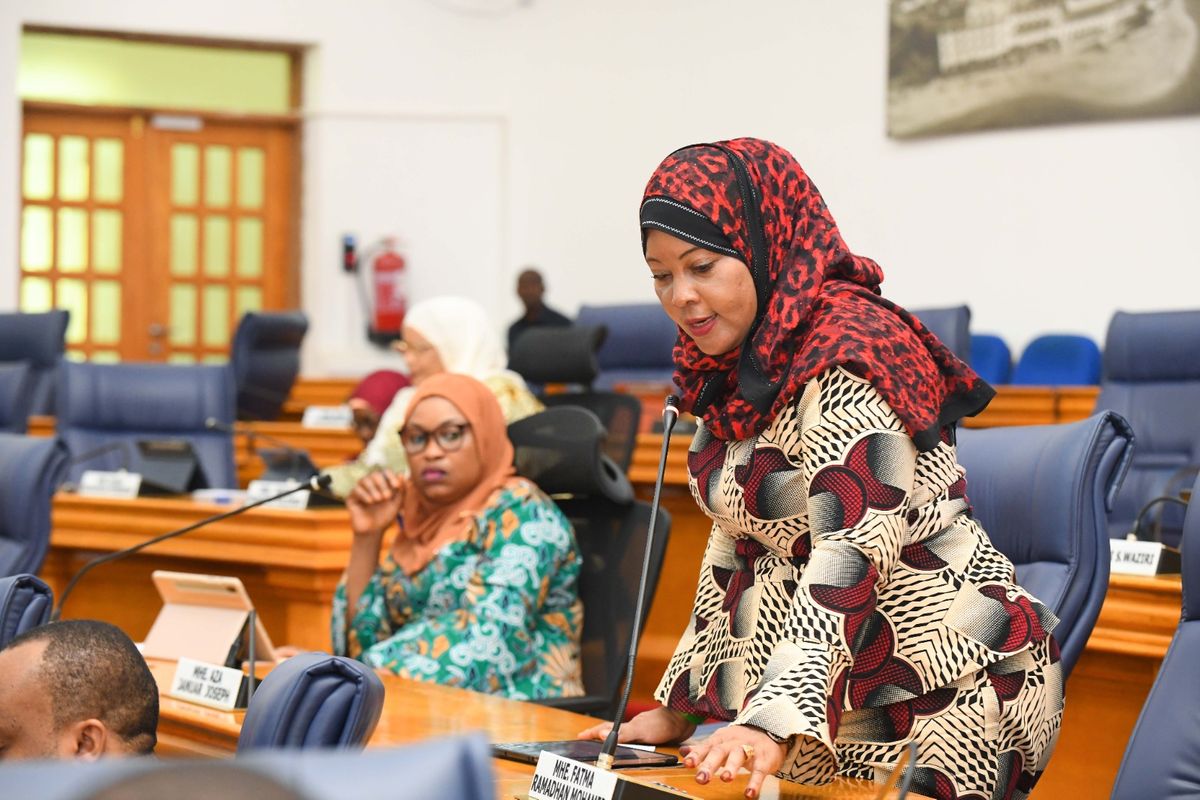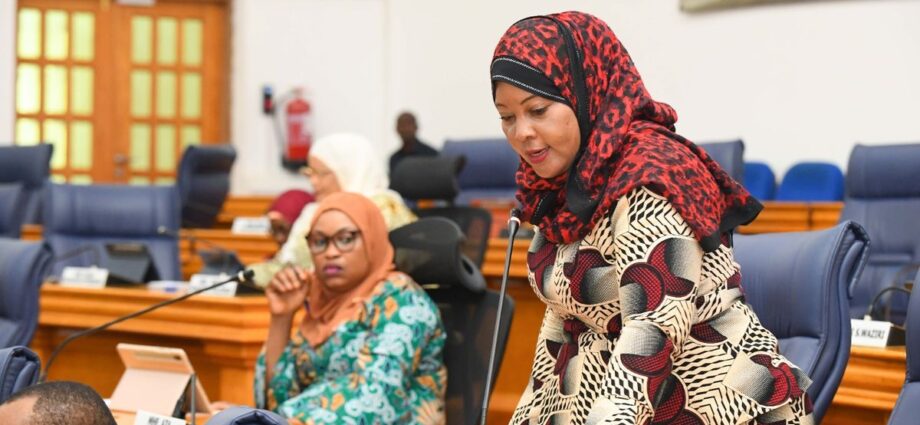
Unguja. Members of Zanzibar’s House of Representatives have voiced growing frustration over the ballooning electricity debts owed to the Zanzibar Electricity Corporation (ZECO), which now stand at more than Sh73.7 billion—the vast majority linked to public institutions.
Debating the 2025/2026 budget estimates for the Ministry of Water, Energy, and Minerals on June 3, legislators questioned how such financially capable institutions could accumulate arrears of this magnitude, even as ordinary citizens face disconnections for missing a single payment.
Presenting the budget, Minister Shaibu Hassan Kaduara confirmed that the unpaid bills include Sh52.68 billion owed by the Zanzibar Water Authority (ZAWA), Sh13.1 billion by other Revolutionary Government of Zanzibar (SMZ) and Union Government institutions, and Sh7.98 billion by private consumers.
While he did not specify when the debts began to accrue, Kaduara said the figures were current as of March 2025, and linked the problem to continued consumption of electricity before payments are made—a practice still common among public institutions.
“Some customers fail to pay their electricity bills in full or on time. This has led to the accumulation of significant arrears,” said the minister.
‘Double standards’ trigger outcry
Lawmakers were swift to condemn what they called a double standard, where government institutions continue to consume power despite massive debts, while ordinary households face immediate disconnections over minor arrears.
Kiwani representative Mussa Foum Mussa described the debt as “alarming,” and questioned how large institutions with operational budgets are failing to pay while “the poor are penalised without mercy.”
“Why should big defaulters continue to enjoy services, while struggling citizens are punished? This is deeply unfair,” Mussa argued. He urged the ministry to outline a concrete recovery plan and stressed that the outstanding amounts could have been used to strengthen Zanzibar’s power infrastructure.
His concerns were echoed by Ziwani representative Suleiman Makame Ali, who sarcastically suggested the government simply declare free electricity for public institutions if enforcement continues to be selective.
“This issue isn’t new. If these institutions won’t pay, let’s stop pretending. Either enforce collection or offer them power for free,” he said.
Call for systemic reform
Mtoni representative Hussein Ibrahim Makungu warned that ZECO cannot function sustainably with this level of debt on its books. He proposed a policy shift to introduce prepaid meters for all government departments.
“Without action, we risk collapsing this utility. Prepaid metering would improve revenue and reduce unnecessary conflict,” Makungu said.
Others raised the broader impact on service delivery. Uzini representative Haji Shaaban Waziri called for firm political direction to pressure defaulters, while Tunguu representative Simai Said Mohamed warned that continued underperformance by ZECO was hurting citizens and undermining trust in government.
“People are suffering from frequent power cuts while institutions rack up billions in unpaid bills. This is unacceptable,” Simai said.
Simai, a former Minister for Tourism and Heritage, also challenged the energy ministry to revise its policies toward large private-sector energy users, particularly in the hospitality sector.
“You have hotels with over 300 rooms drawing all their power from the grid. That is simply not sustainable. New investors must come with their own alternative energy plans,” he said. He also called for new leadership and fresh thinking within ZECO to break the cycle of persistent operational challenges.
Lawmakers demand urgent reform
As debate concluded, lawmakers urged the government to urgently review its collection policies, invest in modern billing and metering systems, and strengthen ZECO’s management capacity to ensure the utility’s long-term sustainability.
They warned that without decisive action, the current system risks collapse—leaving millions of Zanzibaris without reliable access to electricity.














